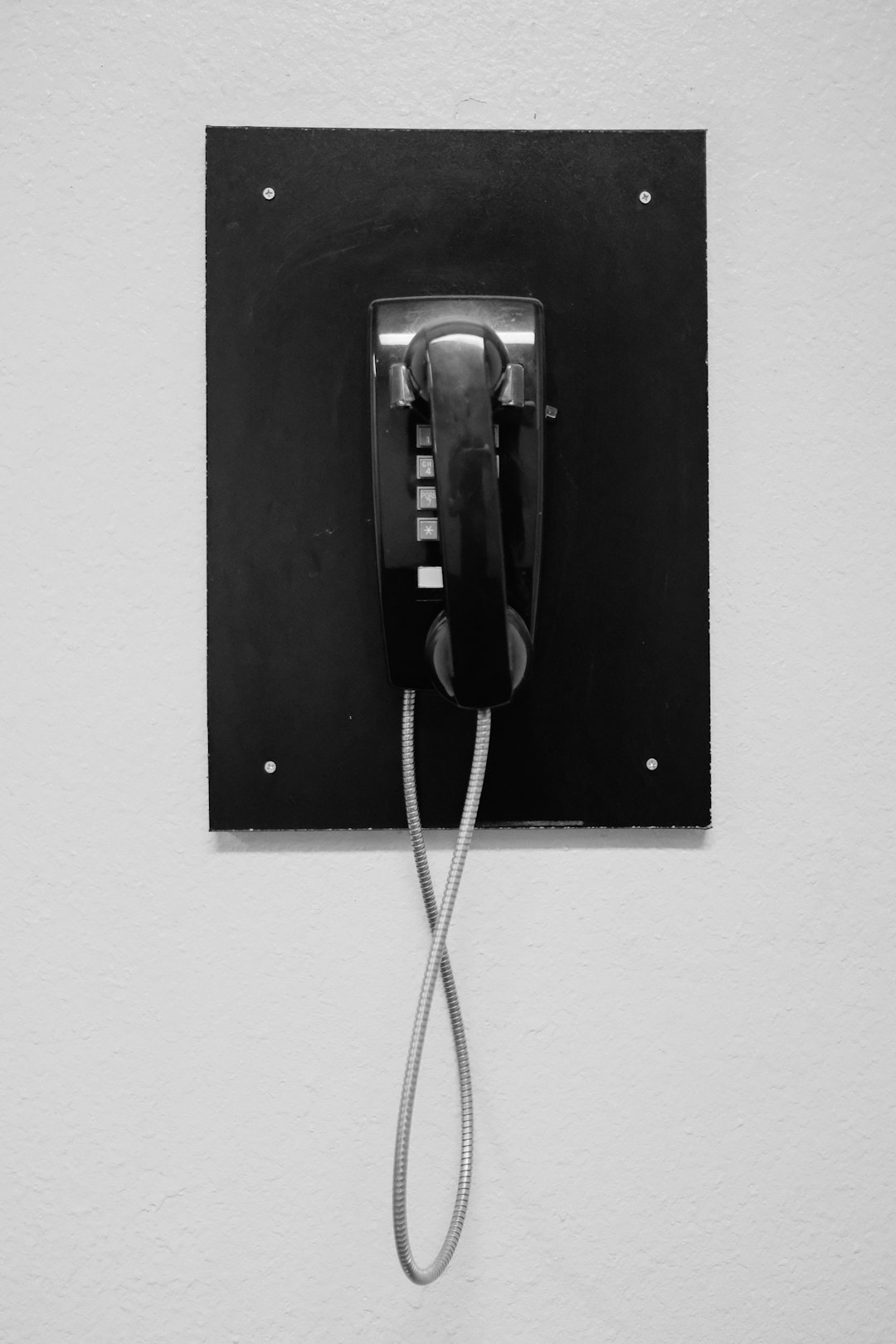Nevada's debt collector laws protect consumers from abusive practices by regulating communication, disclosure, and conduct. Prohibited actions include false statements, threatening language, unauthorized third-party disclosures, and contact outside reasonable hours. Debtors can challenge debts and collectors must provide transparent information, respect privacy, and adhere to dispute resolution processes, ensuring fair and ethical debt collection in Nevada.
In Nevada, understanding the state’s debt collection laws is crucial for both debtors and collectors. This article delves into the prohibited unfair practices within Nevada’s debt collection landscape, detailing consumer rights and protections. We debunk common myths about what’s legal, exploring legal recourse against unethical collectors. Additionally, we highlight best practices for fair debt collection, emphasizing transparency, respect, and adherence to strict regulations, ensuring a more just and balanced process for all Nevadans.
Understanding Nevada's Debt Collection Laws

In Nevada, debt collection practices are regulated by state laws designed to protect consumers from unfair and aggressive tactics. Understanding these laws is crucial for both debtors and creditors alike. The Fair Debt Collection Practices Act (FDCPA) sets national standards, but Nevada’s specific regulations further safeguard individuals from abusive collection methods.
Debt collectors in Nevada must adhere to strict guidelines regarding communication, disclosure of information, and the overall conduct during the collection process. They are prohibited from using harassing, abusive, or false statements when attempting to collect a debt. Additionally, they cannot call consumers at unreasonable times or places, use obscene language, or threaten legal action without having a genuine intention to pursue it. These laws empower Nevadans to stand up against unfair debt collection practices and ensure a more transparent and just process.
Unfair Practices Debunked: What's Prohibited

In Nevada, debt collectors are bound by a set of stringent regulations aimed at protecting consumers from unfair practices. The Nevada Debt Collector Laws strictly prohibit various tactics often employed by debt collectors to intimidate or coerce borrowers. These include making false statements about the debt, using abusive language, or threatening legal action without intent to follow through.
Additionally, debt collectors in Nevada are forbidden from contacting individuals at inconvenient times, such as before 8 a.m. or after 9 p.m., unless the debtor has agreed to such contact. They also cannot disclose personal or financial information about the debtor to third parties not directly involved in the collection process. These prohibitions underscore the state’s commitment to ensuring debt collection practices remain fair and transparent, safeguarding residents from harassment or unfair treatment.
Consumer Rights and Protections in NV

In Nevada, consumer rights and protections regarding debt collection are strictly enforced by law. The state has established clear guidelines to ensure fair practices among debt collectors, safeguarding individuals from aggressive or misleading tactics. According to the Nevada debt collector laws, collectors must adhere to specific rules when communicating with debtors, including providing proper notice and avoiding harassment.
Consumers in NV have the right to challenge the validity of a debt and request verification from the collector. They can also demand that the process respects their privacy and does not involve threatening or abusive language. These protections are designed to maintain a balance between debt recovery efforts and the rights of Nevada residents, fostering a more transparent and equitable debt collection environment.
Legal Recourse Against Unethical Collectors

If a debt collector in Nevada engages in unfair or unethical practices, individuals have legal recourse against them. The Fair Debt Collection Practices Act (FDCPA) is a federal law designed to protect consumers from aggressive and deceptive collection tactics. It prohibits debt collectors from using abusive language, making false statements, or employing threatening behavior when attempting to collect a debt.
Under Nevada debt collector laws, individuals can file complaints with the Attorney General’s Office if they believe they have been treated unfairly. They can also seek legal action through small claims court or consult with an attorney specializing in consumer rights to explore potential lawsuits against unethical collectors.
Best Practices for Fair Debt Collection

In Nevada, debt collectors must adhere to strict laws that govern their practices, ensuring fairness and respect for consumers. Some best practices include maintaining open communication with debtors, providing clear and accurate information about the debt, and allowing for reasonable dispute resolution. Debt collectors should also refrain from using abusive language or threatening behavior, as well as contacting individuals at inconvenient times or places.
Additionally, Nevada debt collection laws prohibit collectors from misrepresenting themselves or the amount owed, and from using false or deceptive means to collect debts. They must also provide debtors with written notice of their rights, including the right to verify the debt and request validation of the amount. By following these ethical guidelines, debt collectors can foster a positive relationship with consumers, resolve debts effectively, and maintain compliance with Nevada debt collector laws.






